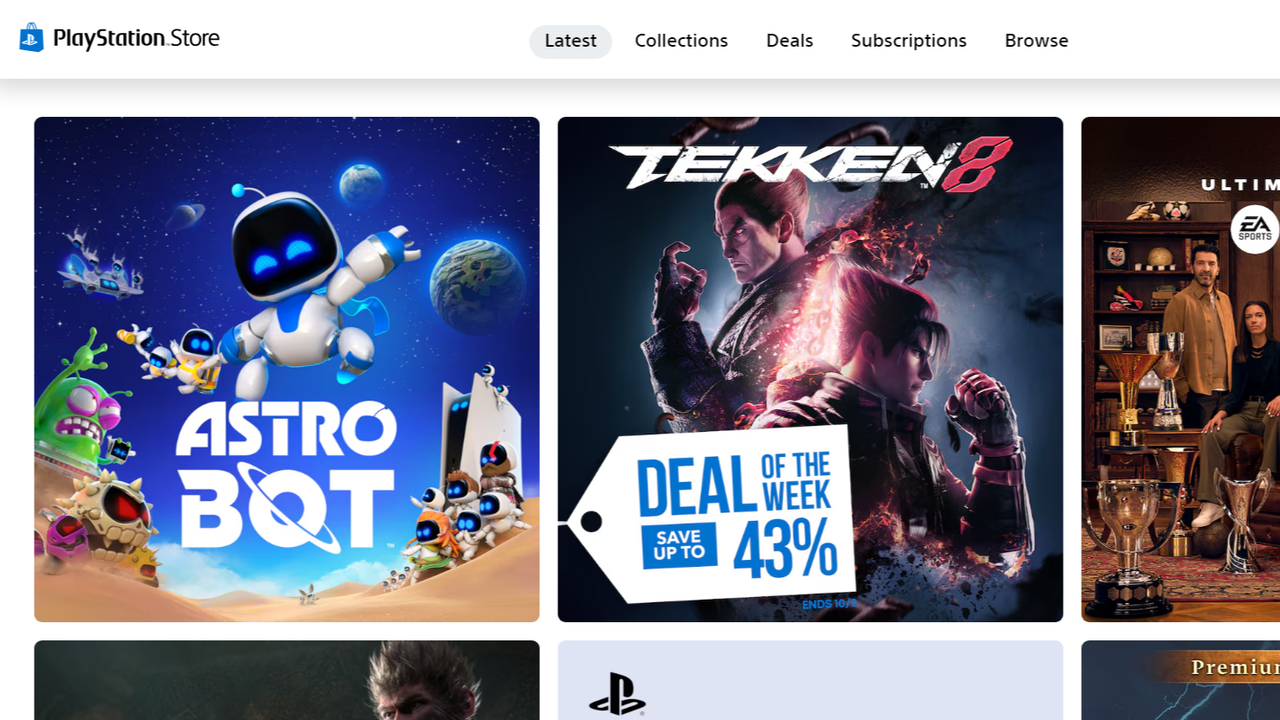California Governor Gavin Newsom has signed a bill into law that won’t stop companies from taking away your digitally purchased video games, movies, and TV shows, but it’ll at least force them to be a little more transparent about it.
As spotted by The Verge, the law, AB 2426, will prohibit storefronts from using the words “buy, purchase, or any other term which a reasonable person would understand to confer an unrestricted ownership interest in the digital good or alongside an option for a time-limited rental.” The law won’t apply to storefronts which state in “plain language” that you’re actually just licensing the digital content and that license could expire at any time, or to products that can be permanently downloaded.
The law will go into effect next year, and companies who violate the terms could be hit with a false advertising fine. It also applies to e-books, music, and other forms of digital media.



I remember that. We’d be told digital copies were cheaper, but those copies (and older versions of the textbook) wouldn’t include access keys to additional content that our professors required us to have. In other words, if we didn’t have the absolute latest textbook (and/or paid an additional fee for an individual access key), we couldn’t do our homework. It’s been years since I’ve been in school, but I find it hard to imagine textbook publishers have stopped that money-grab. Can any current students confirm/deny if that’s still the case?
Not a current student, but know some in tech programs. At least in colleges (as opposed to universities), a lot of professors have been moving away from textbooks. But maybe the students I know are just lucky, lol
There are still publishers who do exactly what you describe. Pearson was doing maybe 10% off for the digital copy. You could buy used textbooks, but then you’d need to buy the “digital pass” for the homework, which was more than half the cost of the book (and it wouldn’t give any digital access to the book itself).